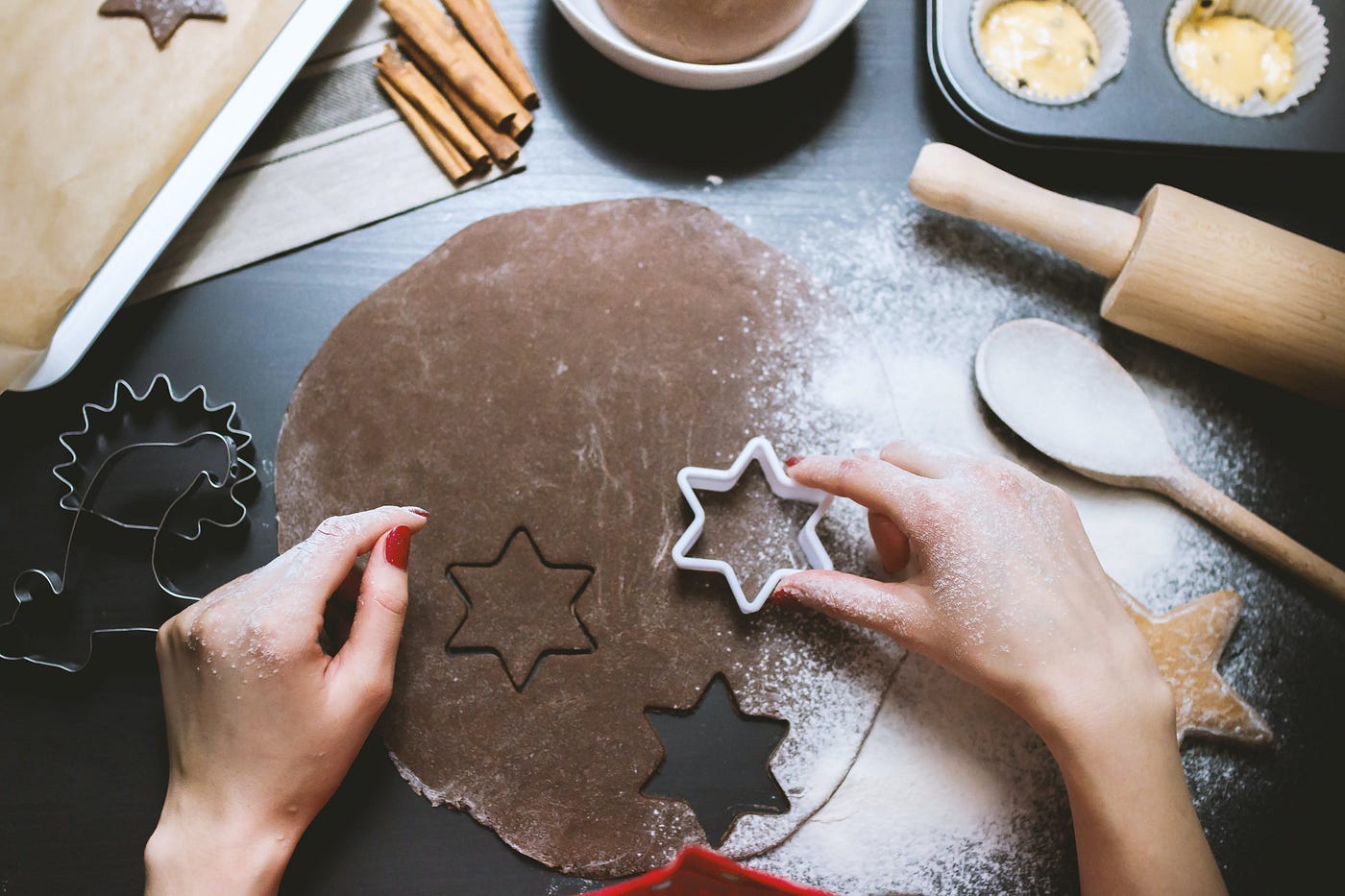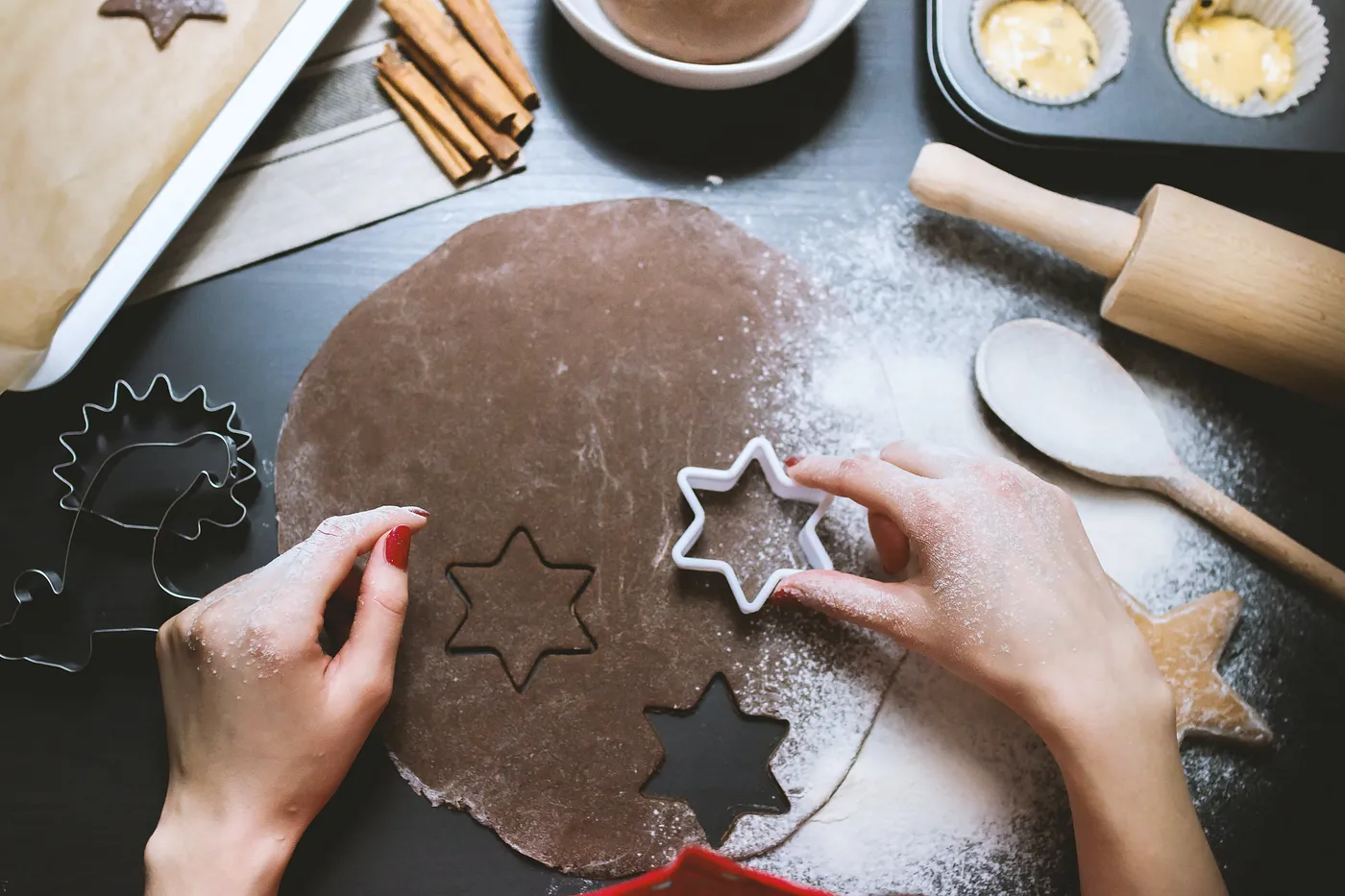As we waved goodbye to 2023 and welcomed 2024, many of us set New Year’s resolutions, some of us choosing a guiding theme for the year. 🌟 The bad news, without establishing habits that support your goals, those dreams may not come true. The good news, you can construct the micro-habits that embody the “you” you aspire to be. And now, it is time to do it!
This Monday, like many others, you might have started a new diet, joined a gym, or embarked on a new learning program. But will this enthusiasm persist into next month, or even next week? If we solely focus on the routine, the answer is “no”. Alongside establishing our routines, it’s crucial to identify our cravings, cues, and rewards to stay on course.
Think of habit building as baking cookies.🍪 You may know what you want to achieve, but without understanding the why and how, you’ll end up with a chaotic kitchen instead of delicious cookies.

The Ingredients of a Habit
A robust habit relies on four key elements:
- a craving,
- a cue,
- a routine,
- a reward.
🎁 Craving:
Let’s consider the act of baking cookies. Do you enjoy cooking, or are you more of a fan of simply eating? Are you a fan of cookies, or do you prefer savory snacks? If you don’t see yourself as a “kitchen person” or a “cookie enthusiast”, you might lose interest even before gathering the ingredients. Identifying your craving is vital; it’s about understanding why you want to establish this habit and how it aligns with your values and self-identity. Without a connection to your personal identity, maintaining the habit becomes a challenge.
⏰ Cue:
Imagine you’re a passionate cookie baker. Seeing of a cookie jar in your kitchen may trigger the desire to start baking. Identifying your cue, in other words defining what triggers you to start a routine, is essential for a habit. For instance;
- You brush your teeth “before going to bed”,
- You drink water “when you see your bottle on your desk”,
- You check social media “whenever you take a break at work”,
- You check your mail box “whenever you see a red circle on top of your mail box application”.
To cultivate a new habit or break a bad one, determine what triggers your actions. Embrace cues for positive habits and eliminate or replace them for negative ones.
♻️ Routine:
Routine is the core of a habit, the behavior itself. It is straightforward to identify, yet it struggles to remain sustainable without other 3 elements of habit building. Examples of routines include going to the gym, enjoying a cup of coffee, checking your mailbox, or adhering to a diet. These routines can be beneficial, harmful, or neutral, depending on their context and impact on our lives.
🎁 Reward:
Finally, the reward. You bake cookies because you love their smell in your kitchen or the taste in your mouth. Without this reward, the motivation to bake wouldn’t exist. Every habit concludes with a reward, even if we’re unaware of it.
- We check social media to “feel connected” or “escape FOMO”.
- We brush our teeth for “the fresh feeling” or “the bright smile it brings”.
- We exercise because “it boosts our serotonin levels”.
To foster a good habit, find a “carrot” for your routine. To avoid a bad habit, seek alternative routines that offer similar rewards.
The Final Recipe for Crafting Lasting Habits
While naming a habit might be easy, sustaining it requires the synergy of craving, cue, and reward. As you refine or create your habit checklist, remember to incorporate these critical ingredients; craving, cue, routine, and reward — which resonate with your unique personality and lifestyle. By doing so, you’ll not only establish lasting habits but also enjoy the experience as if it were the best cookie you’ve ever tasted 😋
#habits #habitbuilding #microhabit #sustainablehabits #mckinseyforward #personaldevelopment #personalgrowth


Leave a Reply